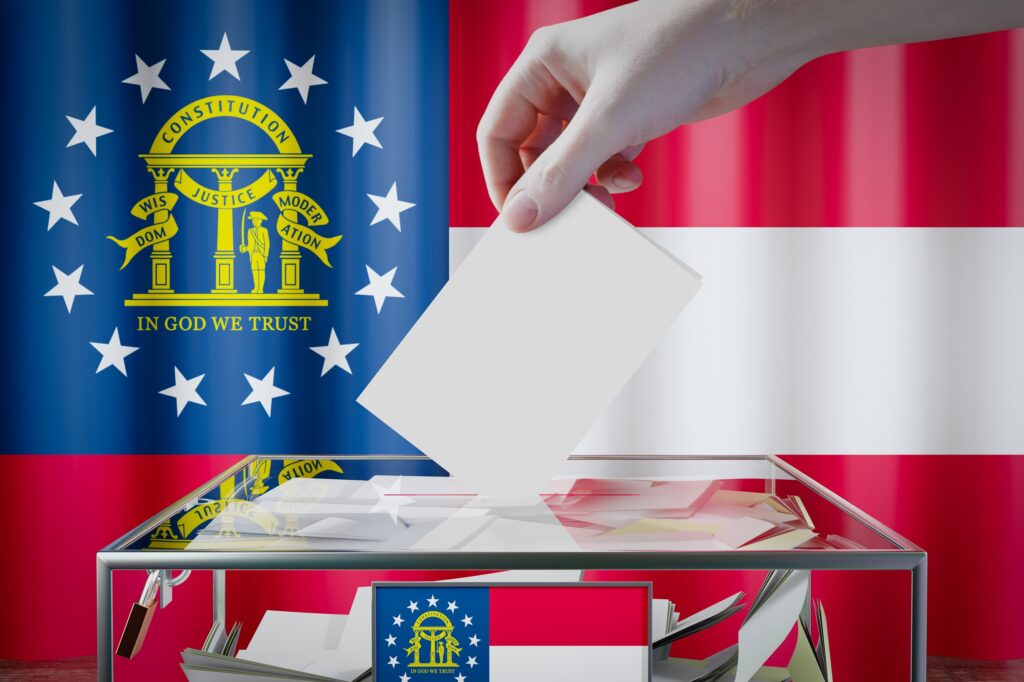A Child’s Right to Counsel: Juvenile Public Defenders
Author
Key Points
Press Release
An Investment in Juvenile Public Defenders Protects All of Our Children
Introduction
Juvenile public defenders represent youth charged with crimes through the juvenile court system. Each state has a process to provide access to counsel for allegedly delinquent youth who are unable to pay for a hired private defense attorney. Indigent defense provides juveniles with the constitutionally mandated access to counsel, even if they cannot afford it. Court-appointed lawyers who work on delinquency matters in the juvenile justice f ield can be labeled as juvenile public defenders, indigent criminal defense attorneys, or contract or “panel” attorneys. While often interchanged, the key difference is that public defenders are part of an organized, professional office while contract attorneys are independent practitioners and usually have their own private firm.
Enormous responsibility falls on each of these attorneys to diligently represent their young clients, but often these professionals are not adequately supported by the state. Supporting juvenile public defenders is necessary to ensure that justice and equitable outcomes are experienced by all young people in the juvenile court system. This policy study intends to highlight the many perils currently facing juvenile public defenders, how those disadvantages impact youth, what obstacles COVID-19 added and what solutions states can undertake to ensure that young people facing delinquency have the best resources available.
Read the full study here.










